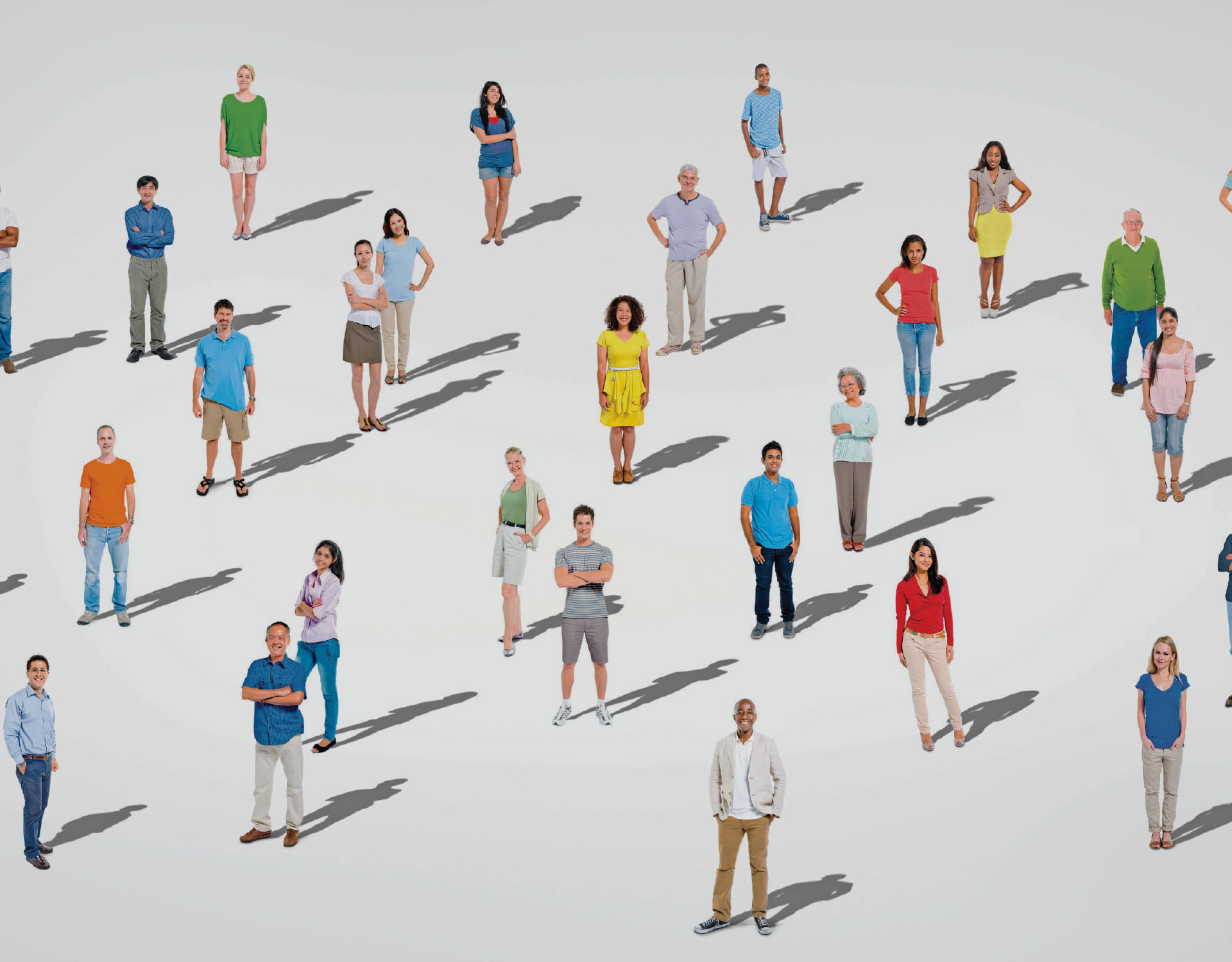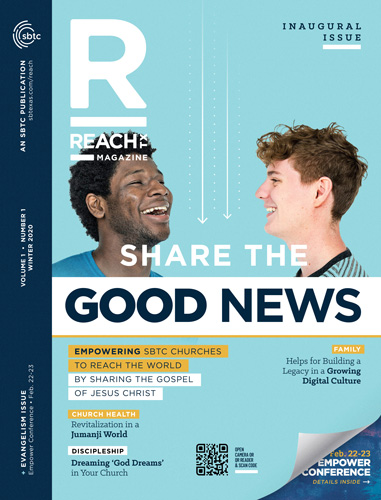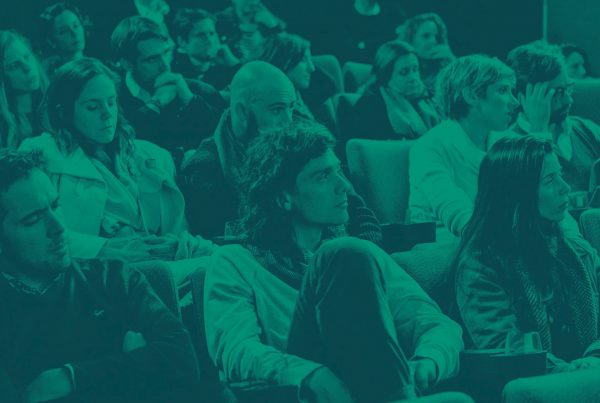I remember being stationed in Germany while I was in the army. Although I lived in the barracks (military housing), I enjoyed venturing beyond the base gates to get to know some Germans, learn their language, participate in some of their cultural festivals and savor their food. Some soldiers, however, were known as “barracks rats.” They would just stay in military housing and never venture beyond the gates of the base. They lived a very sheltered and disconnected life. As Christians, we are not called to be barracks rats for Jesus. We are not called to only have Christian friends who share our language, values and preferences. The abundant life, knowing Christ and making him known, requires that we venture beyond our own Christian base to be “in the world but not of the world” and engage others as transcultural ambassadors for Christ!
Now, an ambassador is simply someone charged with representing and furthering the interests of their country in a foreign country. It is expected that when ambassadors arrive in the other countries, they will adapt their language, customs and protocols to contextualize their efforts without compromising their identity as a citizen of their own country. In other words, they will transcend their own cultures in order to be effective in another culture; they will be transcultural ambassadors. Just as the Father sent the Son to a different culture (earth) “not to be served, but to serve, and give his life as a ransom for many” (Mark 10:45), so Jesus tells us “as the Father has sent me, I also send you” (John 20:21).
This idea comes from 2 Corinthians 5:17–20, “Therefore, if anyone is in Christ, he is a new creation; the old has passed away, and see, the new has come! Everything is from God, who has reconciled us to himself through Christ and has given us the ministry of reconciliation. That is, in Christ, God was reconciling the world to himself, not counting their trespasses against them, and he has committed the message of reconciliation to us. Therefore, we are ambassadors for Christ, since God is making his appeal through us. We plead on Christ’s behalf, ‘Be reconciled to God.’” Being transcultural requires intentionality on our part that goes beyond merely existing in a globalized multicultural environment.
Texas is a great example of a globalized multicultural environment. According to the U.S. Census Bureau, Texas is the fastest growing state in the nation. It has a current population of around 29 million and is home to four of the top 10 fastest growing cities in the country (San Antonio, Fort Worth, Austin and Frisco). The city of Houston is the most diverse city in the country. Texas is growing at a rate of approximately 1,000 people per day and roughly half of these new Texans are migrants. In 2018, the majority of migrants to Texas, a total of 104,976 people, came from other countries. That marked the second straight year that international migration into the state (288/day) exceeded domestic migration. Also, almost half of the international migrants in 2018 came from Asia.
Beyond the blessing of glorifying God and expanding his kingdom, there are personal benefits to being transcultural. In fact, as individuals appropriate the worldviews of the various cultures in which they function, they develop a “higher cognitive complexity” and are better able to understand the world, act more creatively and behave more tolerantly. Transcultural people “can be talented, resourceful persons who can relate across cultural boundaries with great facility” and tend to “display an adventuresome spirit and enjoy a highly developed sense of humor.”
Transcultural identity dismisses the very existence of categories that are usually associated with ethnic groups and stresses values like “otherness,” “alterity,” “continuous transformation” and “multiplicity,” causing cultural boundaries to fade. The overcoming of the boundaries as well as the creation of a more fluid and less defined ethnic landscape is triggered by inter-cultural and inter-ethnic encounters.
Whereas all Christians are called to make disciples of all the nations or ethnicities (Matthew 28:18-20), Texas Christians are particularly without excuse given our growing ethnic diversity. As we go about our daily lives in Christ, let’s pray and be mindful of the opportunities to engage in relationships and share the gospel with those unbelievers around us who are from different cultures. Let’s live our calling to be transcultural ambassadors.
Texas Stats
- Fastest growing state in the nation
- 29 million: current population
- four of the top 10 fastest growing cities in the country (San Antonio, Fort Worth, Austin and Frisco)
- Houston: most diverse city in the country
- Growing at a rate of approximately 1,000 people per day, roughly half of which are migrants
- In 2018, the majority of migrants to Texas, a total of 104,976 people, came from other countries









